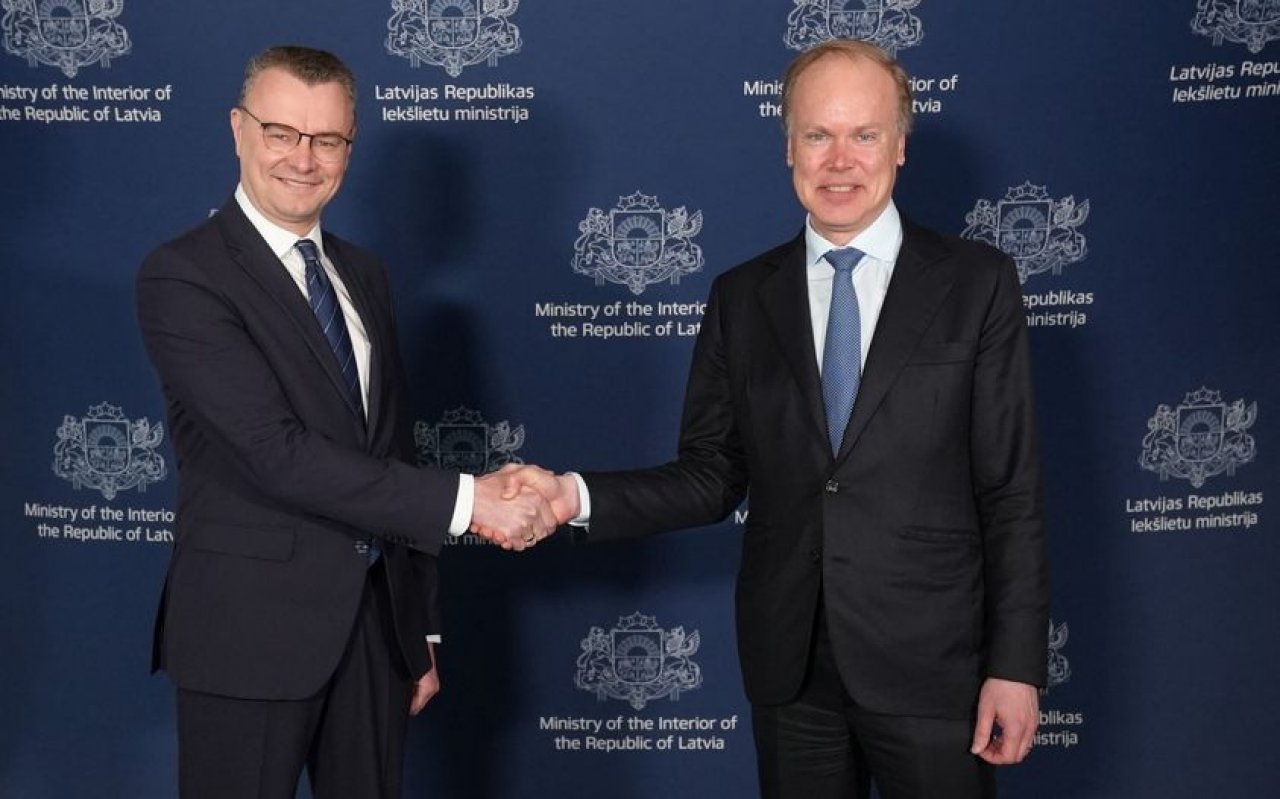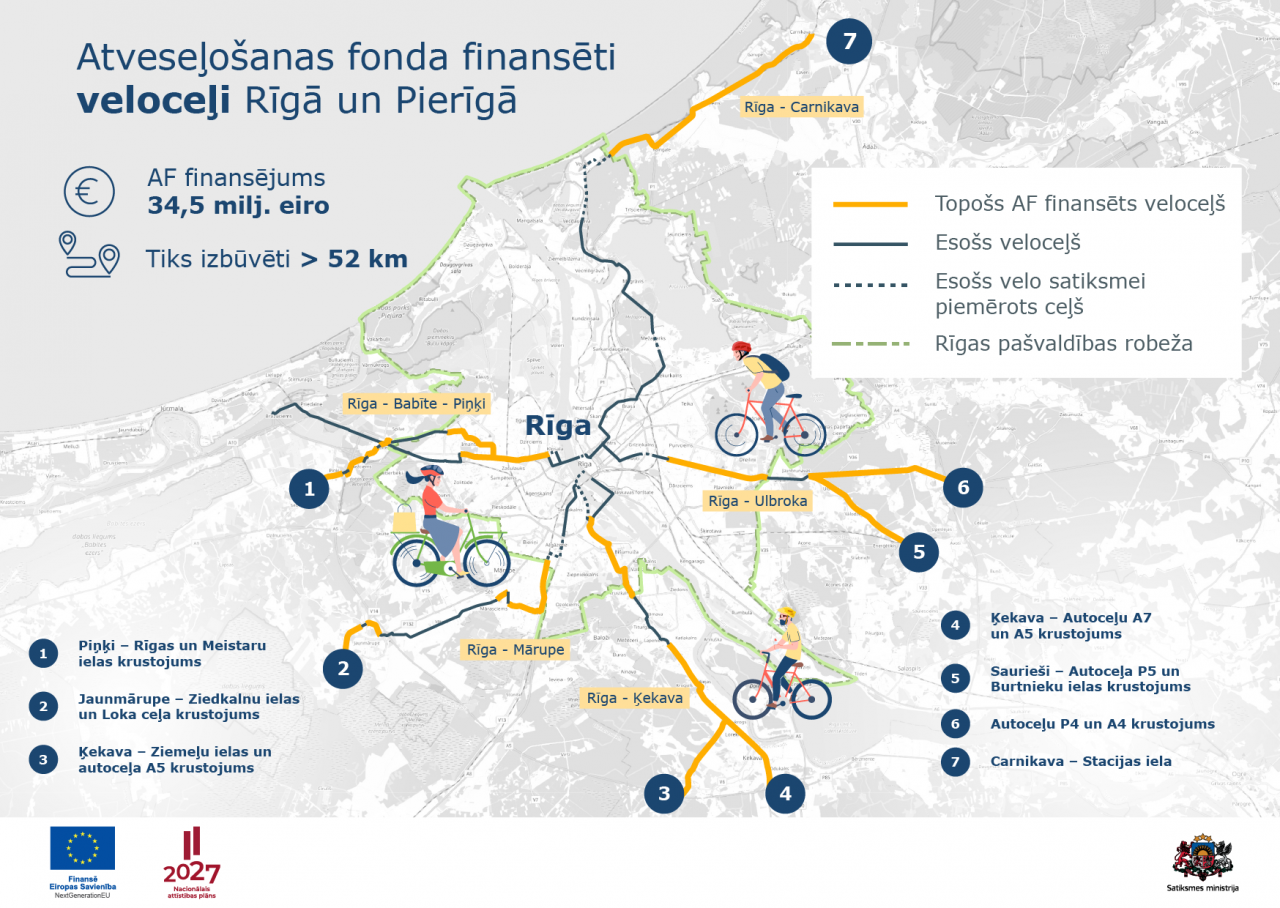From March 3 to 21, 2025, the International Association for the Evaluation of Educational Achievement (IEA) will conduct the pilot study for the Progress in International Reading Literacy Study (PIRLS) 2026 cycle. The study sample includes 953 fourth-grade students from 22 schools, who will test reading comprehension tasks and student surveys, providing feedback on their quality. The main study will take place in 2026.
Researchers from the Institute of Educational Research at the Faculty of Education, Psychology, and Art, University of Latvia (LU IPI) have ensured the translation, verification, and refinement of reading assessment texts, tasks, and survey questions. For the first time in Latvia, the PIRLS fourth-grade reading assessment will be conducted in a digital format, so the pilot study will focus on ensuring that the computer-based test runs smoothly.
The results of the previous PIRLS 2021 cycle showed a significant decline in Latvian primary school students' performance compared to 2016, although their results remained above the international average. This decline is a warning signal to adults—educators and parents alike—that improving children's reading literacy requires a coordinated and more effective national effort.
Countries with the highest PIRLS results demonstrate that early literacy development, starting from birth and preschool age, is crucial. Engaging in conversations, playing games, and reading aloud together expands a child's vocabulary and lays the foundation for further reading comprehension skills.
In the 2021 study, the lowest reading literacy scores in Latvia were observed among boys living outside urban areas, with results falling below the PIRLS international average. Poor reading skills can later affect students’ full participation in learning, employment, and social life. To address this, the State Education Development Agency (VIAA) has launched the "School in the Community" initiative. After signing cooperation agreements with municipalities, targeted support will be provided to students struggling with reading difficulties, especially in the early school years (grades 1–3). Group and individual lessons will focus on developing phonemic awareness and reading comprehension.
The Methodological Support Department of VIAA's Teacher Professional Support Division also assists teachers in applying research findings in their daily practice. Researchers from LU IPI have prepared recommendations for schools and teachers, promoting effective reading instruction methods, best practices from Latvian and international schools, and task examples for student engagement.
The National Library of Latvia plays a key role in encouraging reading habits through three reading promotion programs:
"Loud Reading Competition"
"Children’s, Youth, and Parents' Jury" (implemented in school and municipal libraries)
"Book Start" (introducing young children to libraries and fostering early interest in books)
In 2021, participation in the "Children’s, Youth, and Parents' Jury" increased significantly following a partnership with the National Centre for Education (VISC) under the project "Support for the Development of Students' Individual Competencies". Access to books and educational materials was ensured in 265 schools involved in the project. By 2024, the program had expanded to 897 libraries and schools across Latvia, including 80 Latvian diaspora centers in 30 countries worldwide.
The State Education Information System (VIIS) provides comprehensive data on Latvian primary school students' reading literacy, categorized by gender and school location (urban/rural). It also shows how reading performance correlates with various factors such as enjoyment of reading, sense of belonging at school, bullying, frequent hunger, fatigue, and more.
The Ministry of Education and Science of Latvia, in collaboration with LU IPI, organizes the PIRLS study in Latvia. The study helps evaluate and improve the education system using internationally validated research methodologies and data-driven insights. Participation in PIRLS is funded by the European Union Structural Funds.


